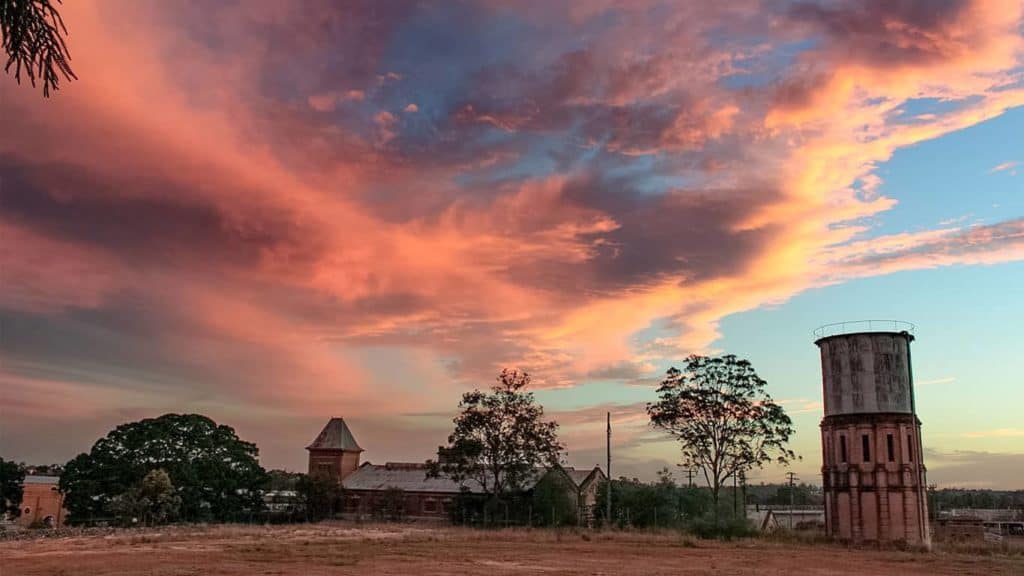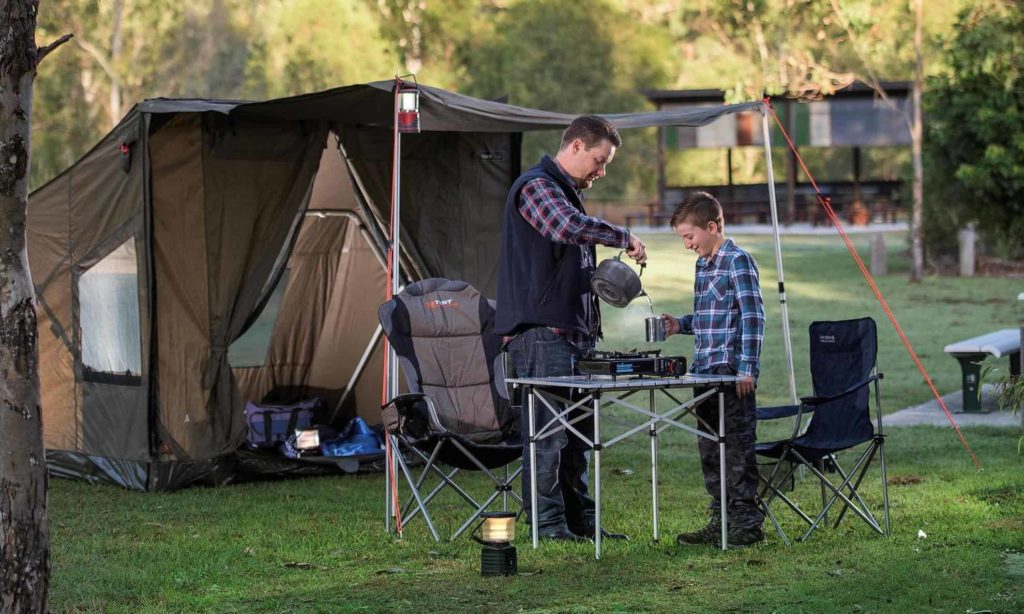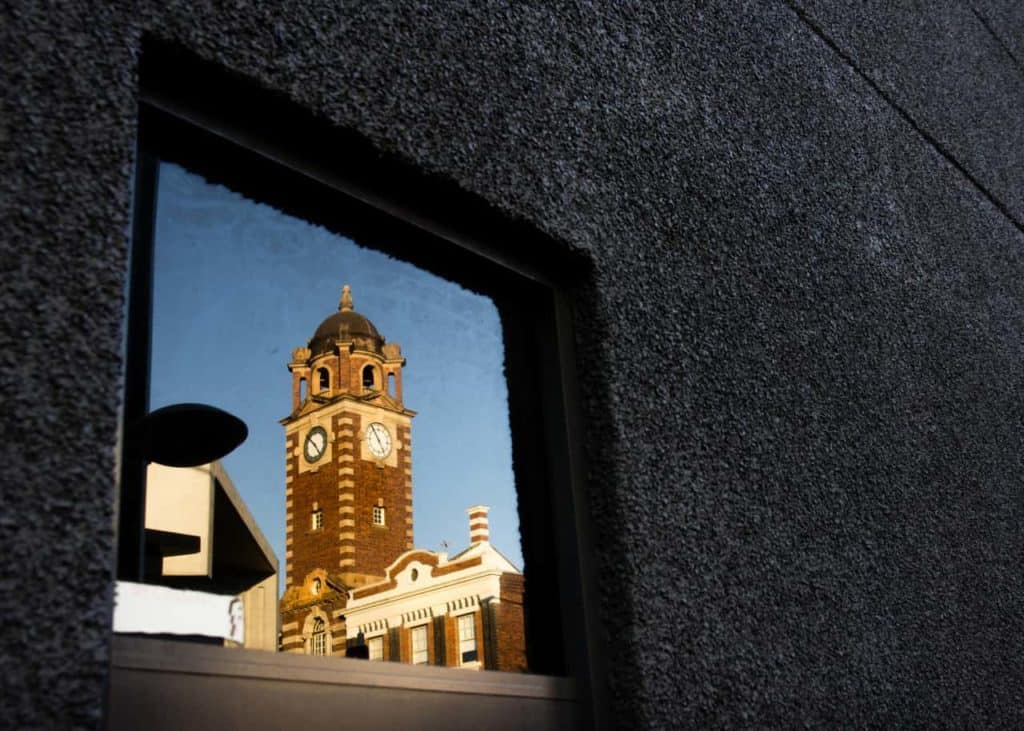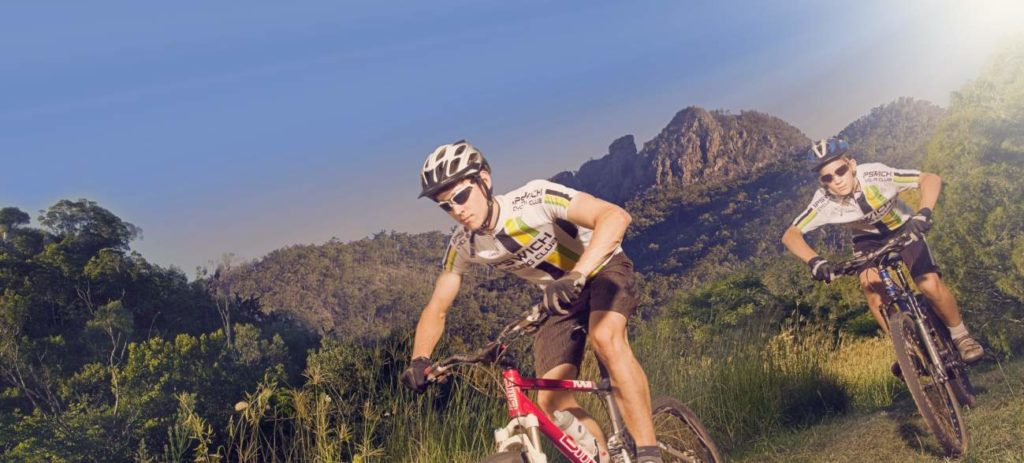Keen to find out where your food, fibre and goat gelato comes from? Then it’s time to get your gumboots on. Ipswich has a range of fabulous farm experiences on offer. You can ride a camel, taste test olives, hand milk a goat, hold emu eggs, call in the cows, and more.
Watercress Creek Olives and Limes
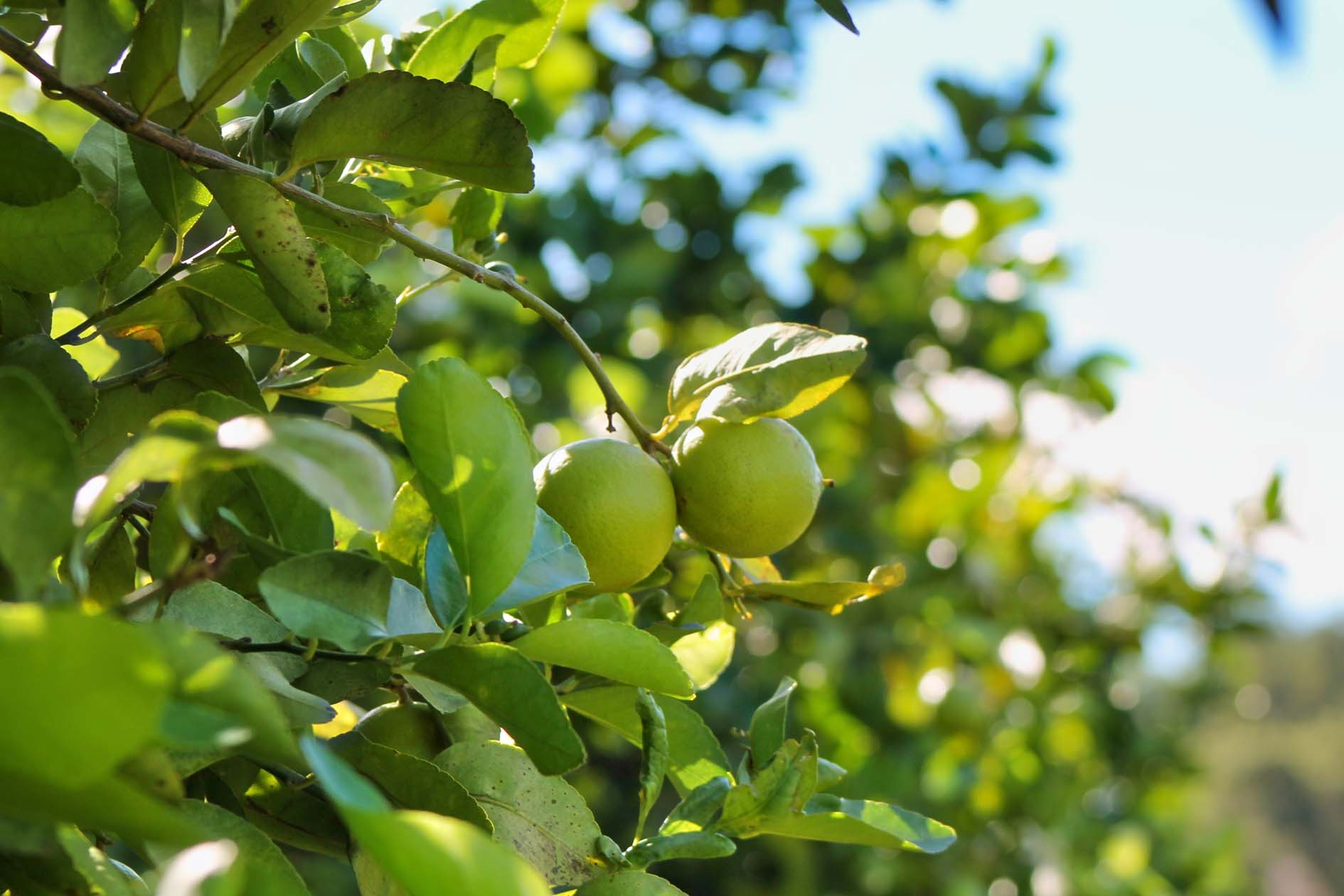
Bernard Mahon is the fourth generation of his family to make a living from the land, but the farm that he grew up on looks a little different today.
When Mahon’s Irish ancestors settled in the Pine Mountain district in 1862, they established a dairy farm, selling eggs and vegetables.
In 1998, Mahon and his wife Lorraine planted olive trees, featuring five different varieties, including jumbo kalamata and manzanillo. But because olives cropped only once a year, the Mahons diversified by adding Tahitian limes which flower and fruit abundantly.
Now there are 1000 olive trees and 800 lime trees on the 14-acre property, lending it a distinctly Mediterranean air.
A range of mouth-watering products, including marinated olives, infused oils and more.
Even if you can’t make it to the annual Watercress Creek Olive Festival in April, check to see if the farm gate shop is open. On a sunny day, Watercress Creek Olives and Limes is also the perfect place to pitch a picnic blanket.
Did you know? Olive trees can live for up to 2000 years (oliveaustralia.com.au)
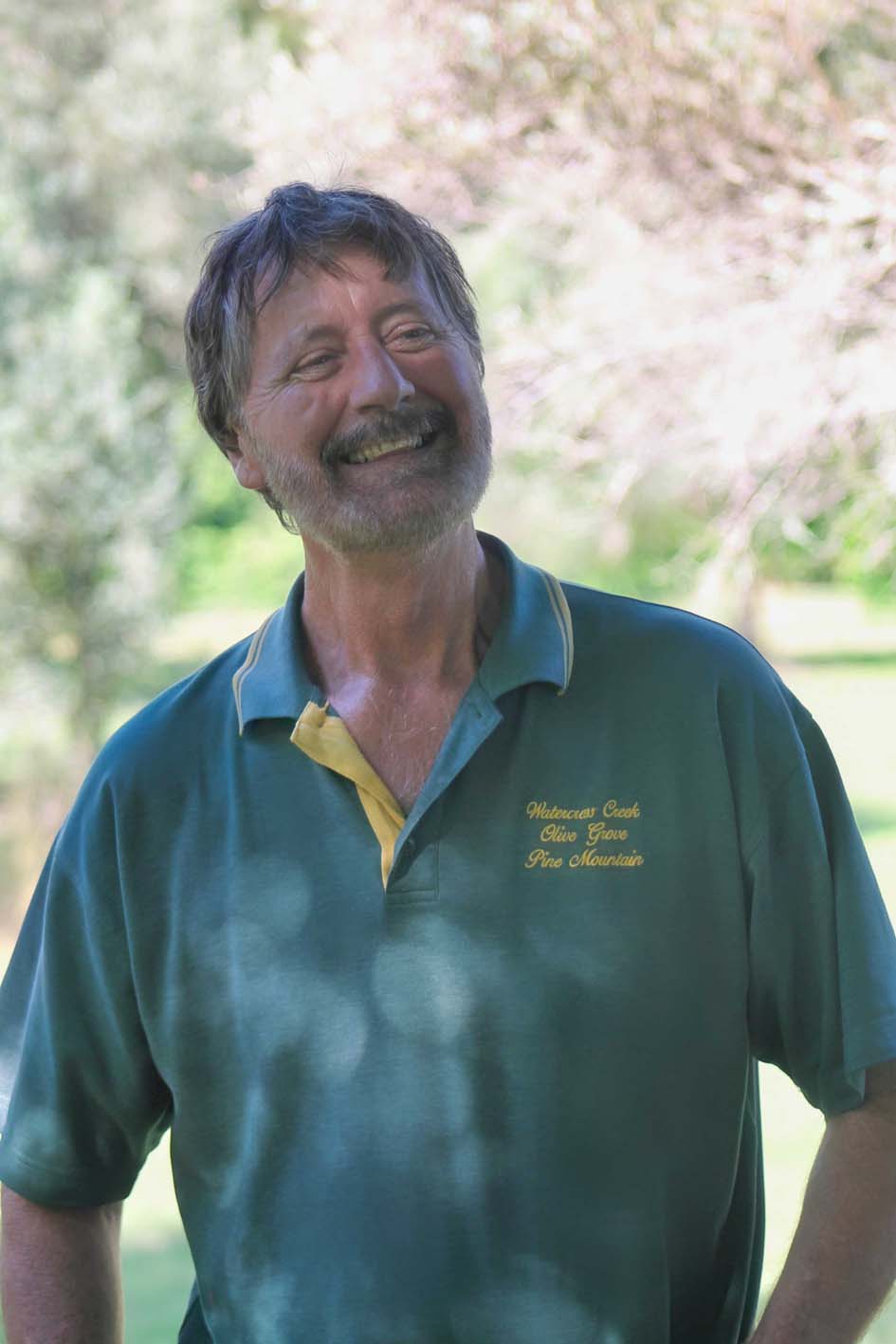
Emu Heaven
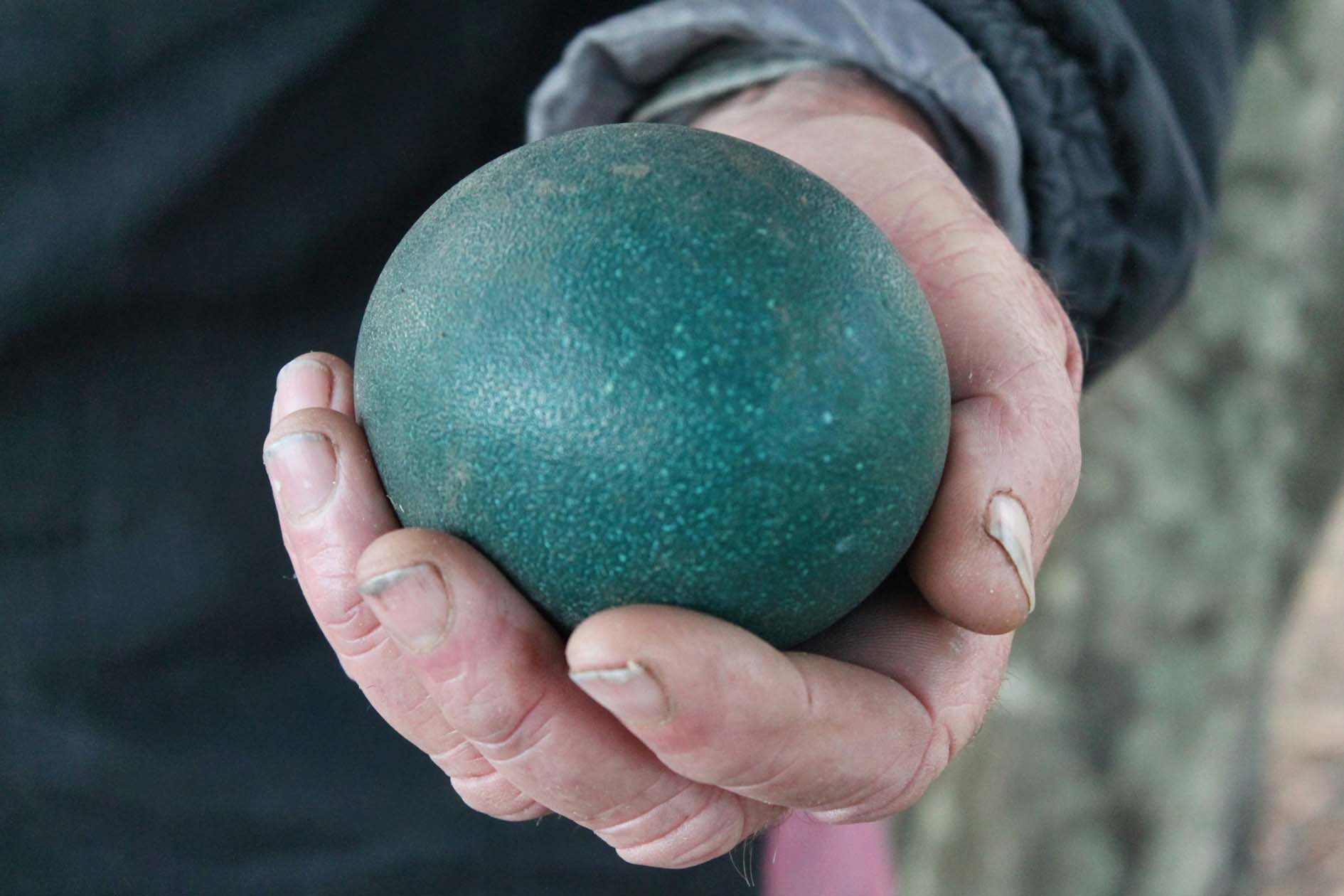
The sound of distant drumming might be one of the first things visitors to Emu Heaven notice. But there’s no band tuning up over the Marburg hills.
Rather, says emu farmer Stephen Schmidt, that low-pitched drumroll is the female emu’s mating call, which she produces using a vibrating air sack on her chest.
Spend a little time at Emu Heaven, situated just off the Warrego Highway, and you’ll discover many other fun facts about the giant bird which features on the Australian coat of arms. Schmidt started farming emus after he discovered that emu oil helped soothe painful joints.
Now he has around 1300 birds on his farm at Coleyville (not open to the public) and a smaller number at Marburg.
Visitors to the Marburg site can admire the emus and purchase a wide range of emu products, including oil, cosmetics, eggs, feathers and meat. Pets can be quite partial to emu bones as well. “We sell virtually everything – there’s very little waste,” says Schmidt.
Did you know? Males sit on the eggs over an eight-week incubation period (abc.net.au)
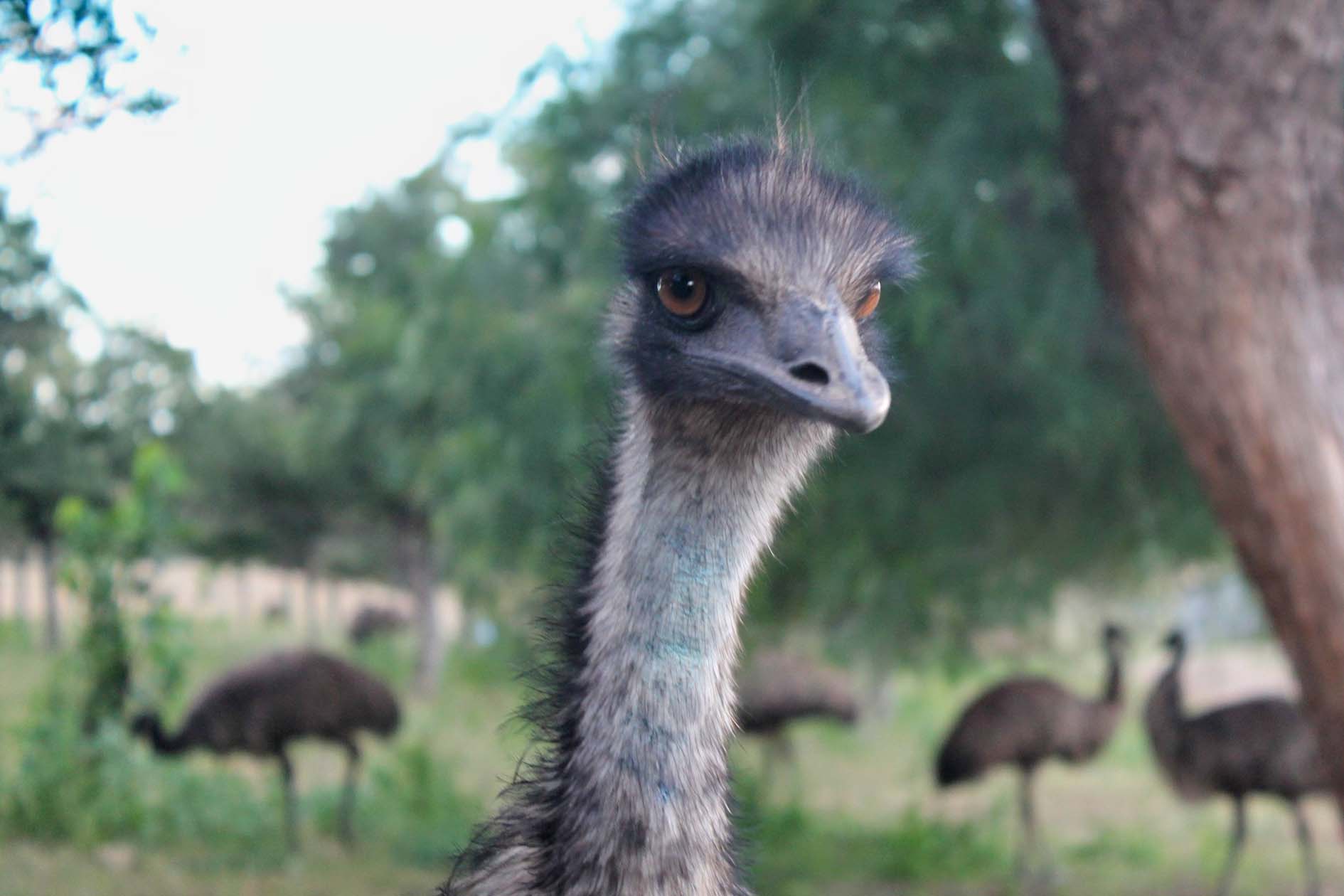
Naughty Little Kids
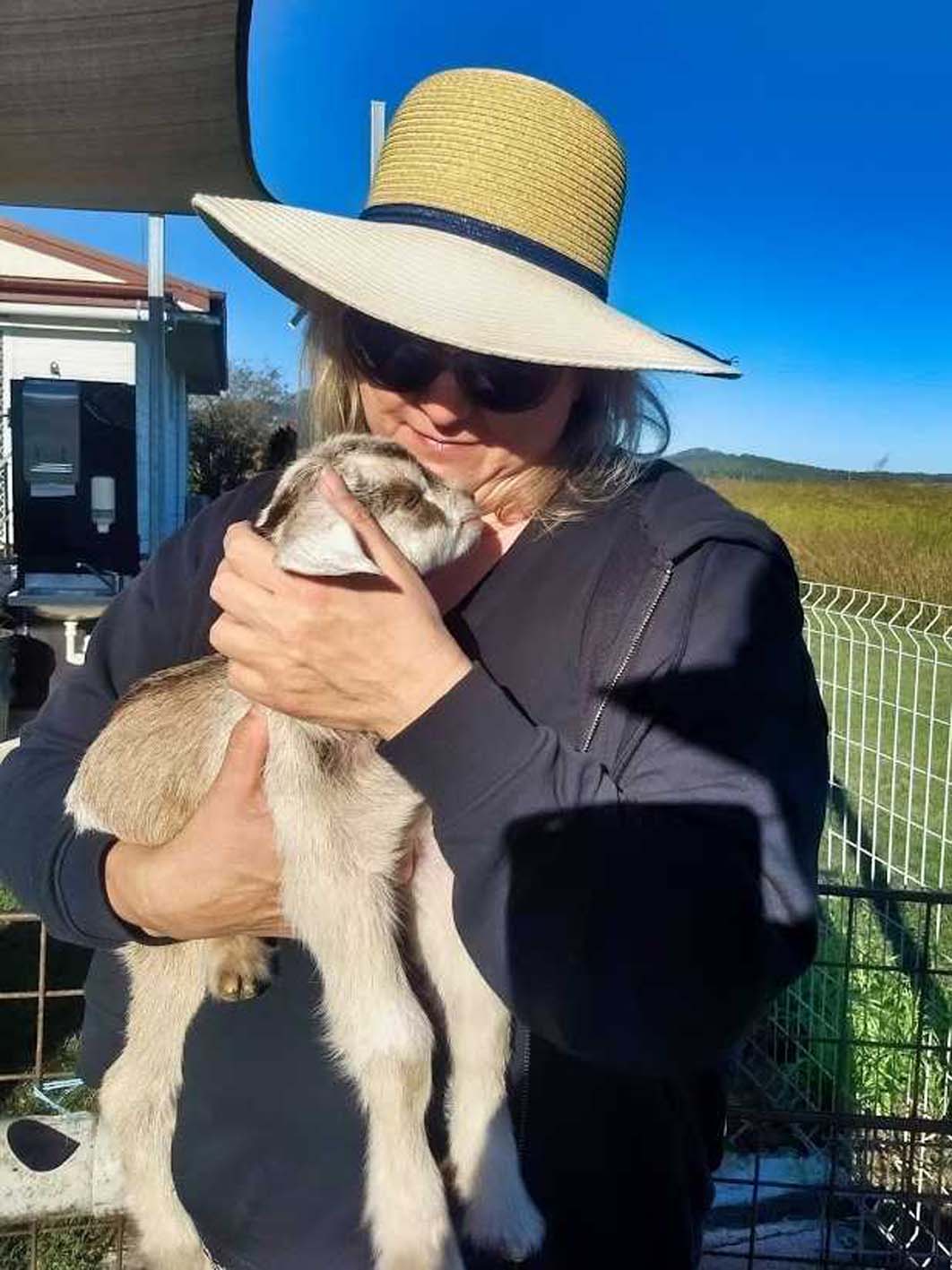
Few things are as cute as a baby goat, and at Naughty Little Kids, a 40-acre goat farm at Peak Crossing, you’ll get up close and personal with quite a few of them.
Kid cuddling and bottle feeding are two of the first activities offered on the farm tours here, which run on Sunday afternoons, and during school holidays.
After the last bottle is drained, it’s time to visit the adult goats. There are about 60 of them on the property – a mix of Toggenburg, British Alpine and Saanen breeds.
“Have you milked a goat before?” asks owner Nathan Jackson. I shake my head. He demonstrates, the milk flowing in smooth jets into the silver pail, and after a few tips on technique, it’s my turn. My effort is less successful, and the goat bleats in a tone that could only be interpreted as a complaint.
After that, there’s an informative lesson on cheese-making and the opportunity to taste-test some of the products made on site, including the award-winning Stenby cheese and different flavours of gelato, including chocolate, coffee and mint.
Did you know? A goat aged between 12 and 24 months is called a goatling (Naughty Little Goats)
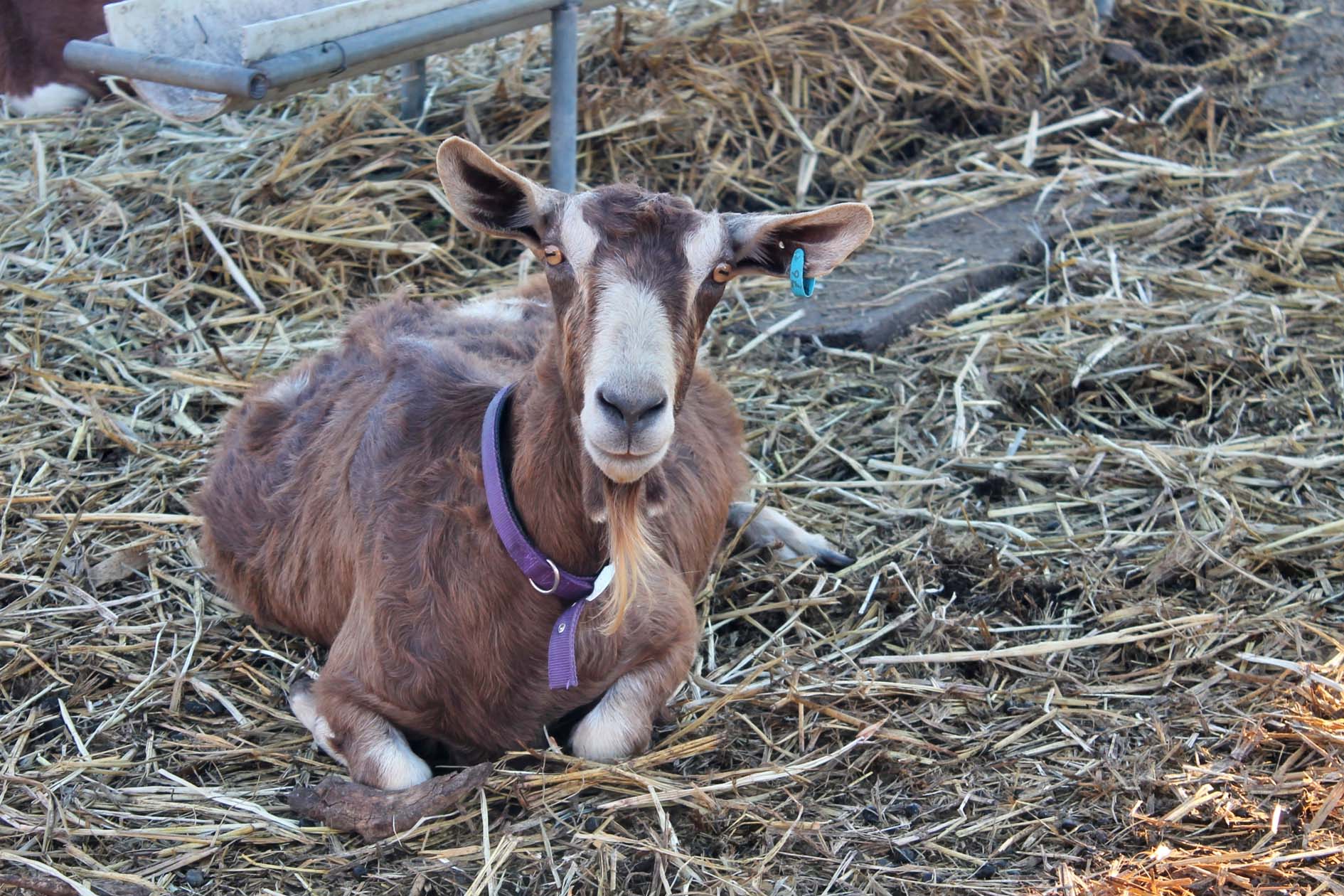
Tallavalley Farm
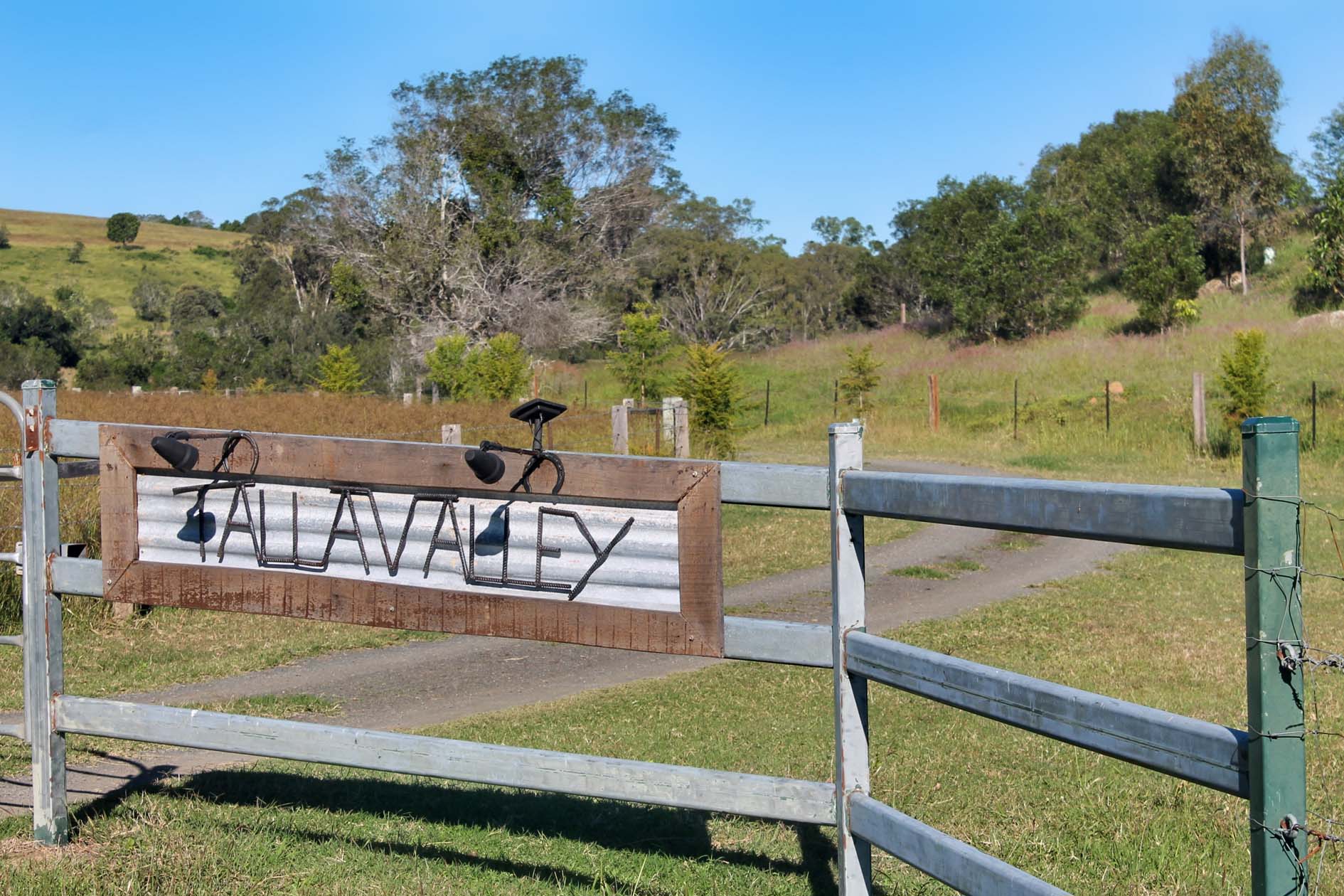
“C’mon!” Dave Baker is gathering his Charbray cattle as they graze on the rolling hills surrounding Tallavalley Farm in Marburg.
He started rounding them up this way during the drought, when there were slim pickings in the paddocks, and he needed to provide extra food.
“If I call them they think they’re going to get a treat … and they usually do,” he says.
Wife Joanne says that children who visit Tallavalley Farm love to try calling up the cows too. “They mimic Dave with a ‘c’mon’ … and they get so excited when they have success,” she says. Nestled on 50 acres, Tallavalley Farm also functions as a farm stay.
Despite being only two kilometres from the Warrego Highway, it’s a peaceful and secluded spot for families and small groups to unplug.
Guests can feed the goats, horses, chickens and cattle, gather produce growing in the edible garden and enjoy the views. At night, there are occasional spotlighting walks, where possums, owls and kangaroos are frequently spotted. Alternatively, guests can contemplate the stars while toasting marshmallows over the outdoor fire pit.
Did you know? Charbray cattle are known for their hardiness, tick resistance and foraging ability under drought conditions (www.charbray.org)
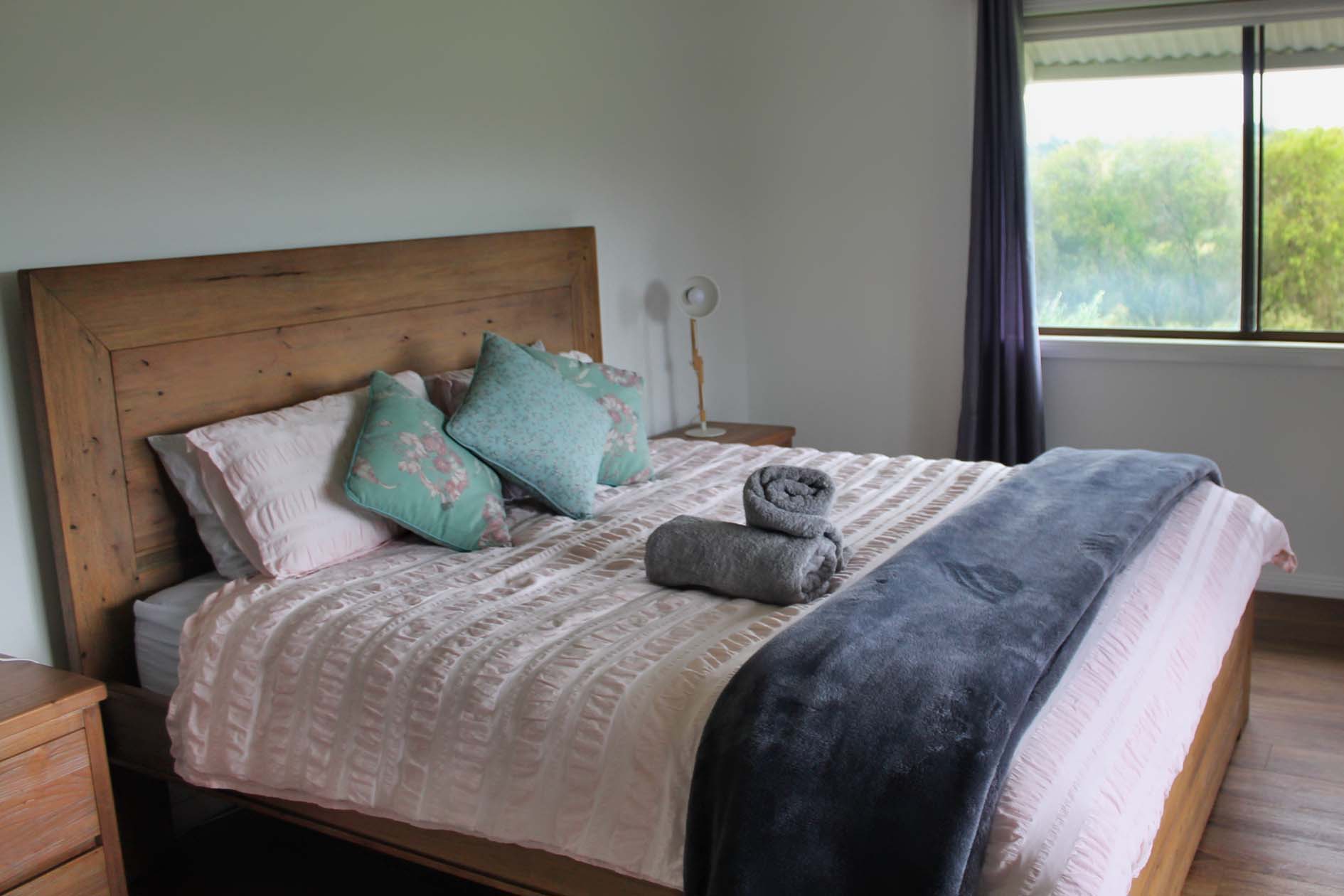
Summer Land Camels
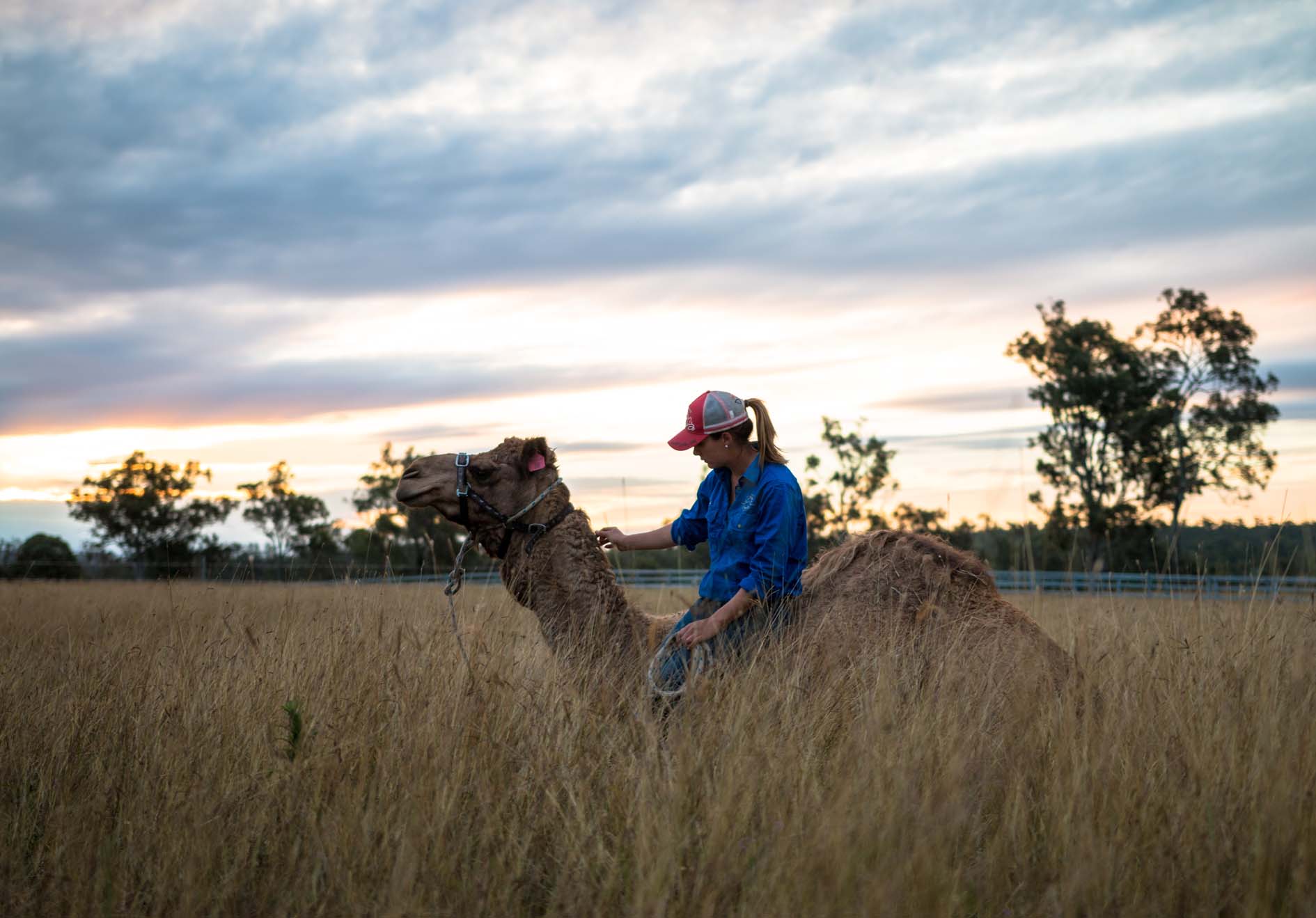
Australia’s sizeable feral camel population wreaks untold havoc on landscape and infrastructure, meaning countless animals are killed in officially-sanctioned culls each year.
Grazier Paul Martin decided there must be another way, so he convinced some landholders to stop shooting and help him round up the beasts instead.
Summer Land Camels, based at Harrisville, started with 20 wild-caught animals in 2016, but thanks to additional captures, and a careful breeding program, there are now 550 camels on site today.
The working camel dairy farm, which produces 1000 to 1200 litres of milk a week, is open to members of the public, who can feed the camels, participate in farm tours, join sunset rides, or just enjoy the ambiance of the on-site homestead café.
Summer Land Camels even produces vodka, courtesy of the whey left over from cheese-making. On our farm tour, we had the opportunity to visit the maternity paddock and the milking shed and sample a selection of camel milk and meat products. Don’t forget to call in at the shop, so you can pick up some camel milk cheese, gelato, or charcuterie, to take home.
Did you know? Camels can reach speeds of up to 65 km per hour in short bursts (brittanica.com)
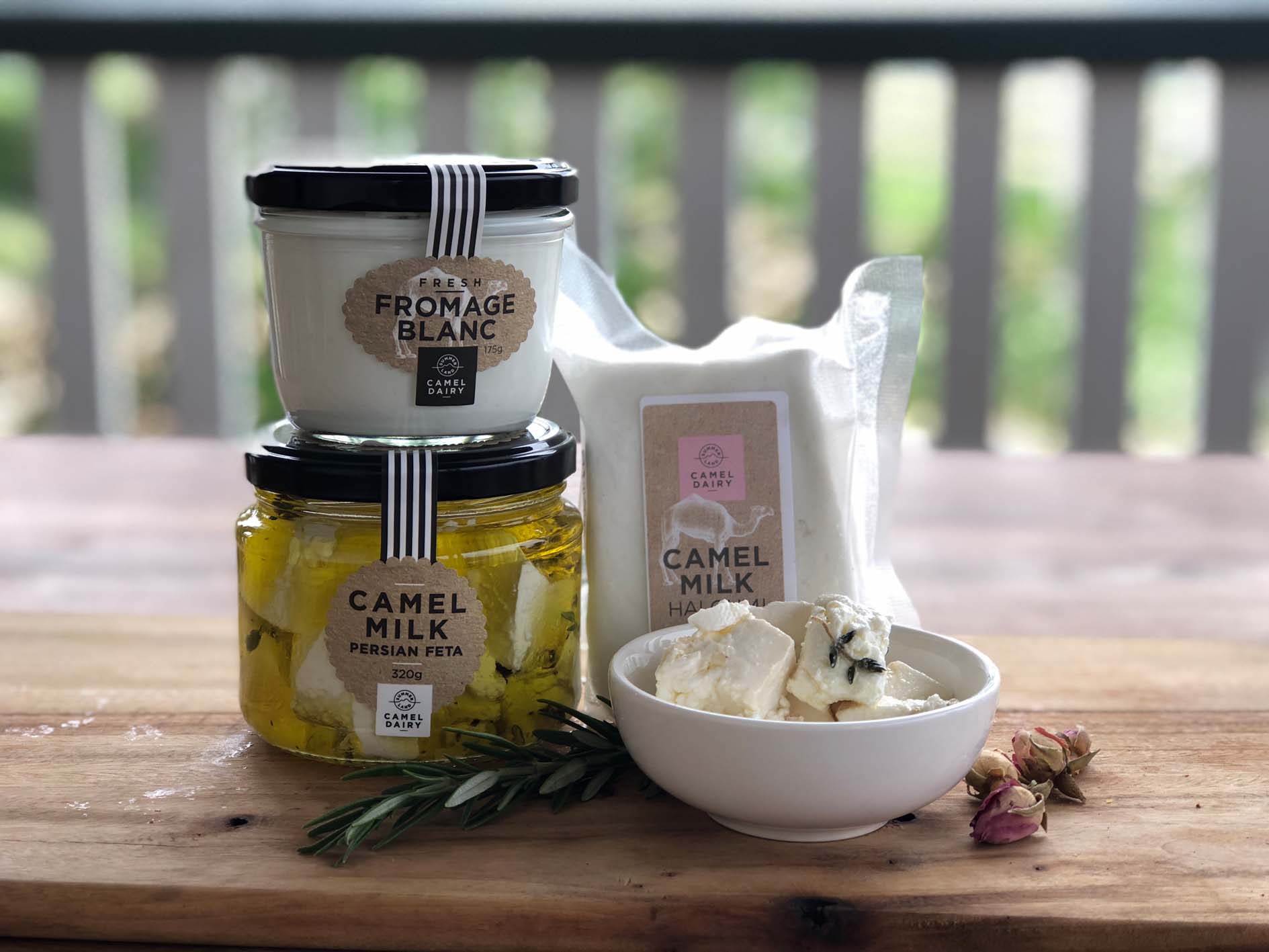
Other fab farm experiences in Ipswich
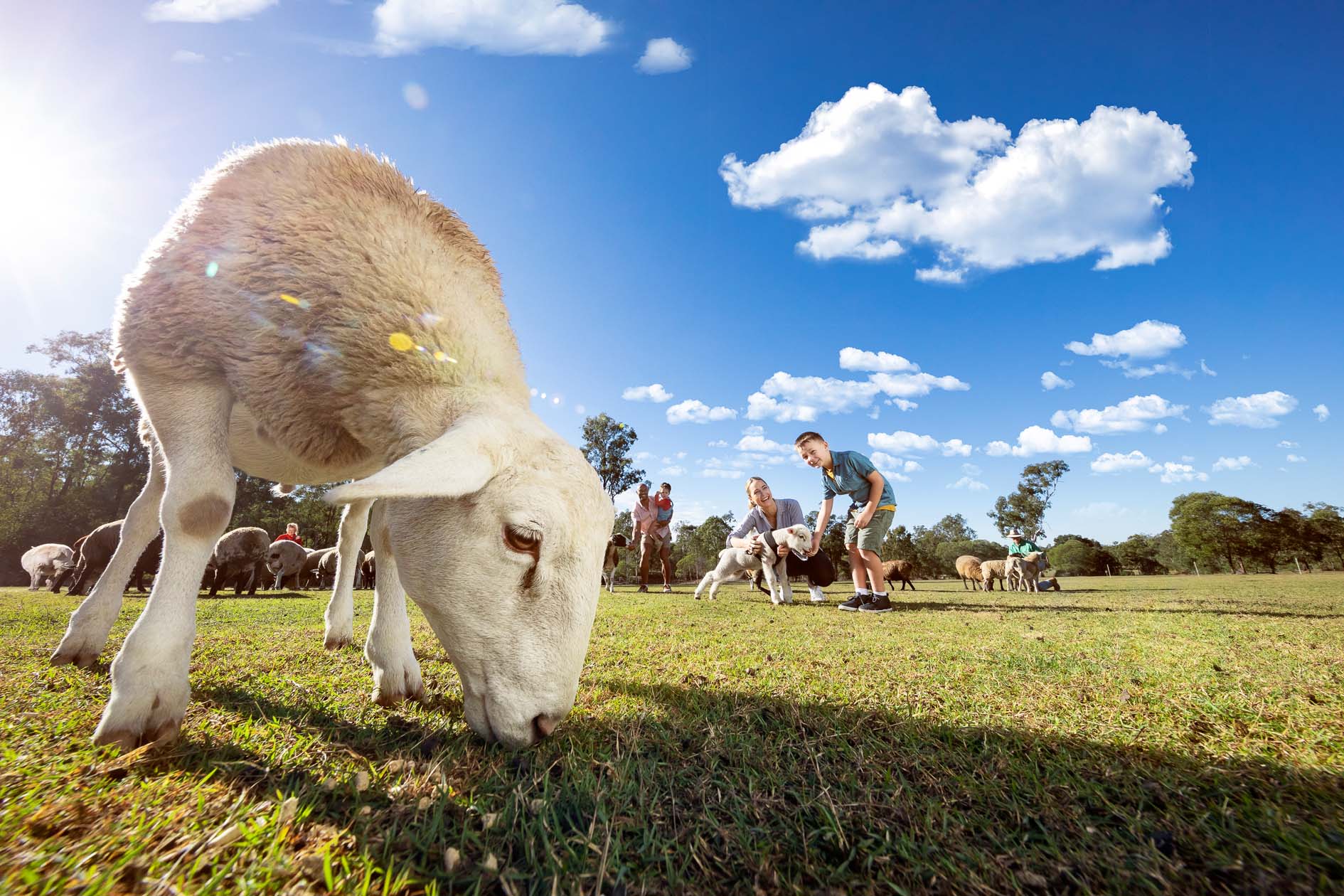
Keira Farm is a 500-acre working cattle property which offers views of the Flinders Ranges and cottage, camping and glamping accommodation.
Haigslea EWE Nique Hobby Farm at Haigslea offers opportunities to pat, feed and interact with alpacas, sheep, lambs, goats, geese and chickens.
The Llama Farm at Pine Mountain allows guests to walk llamas on a lead along a purpose-built trail on this 80-acre farm.

